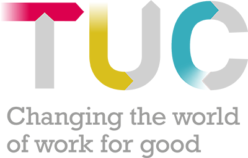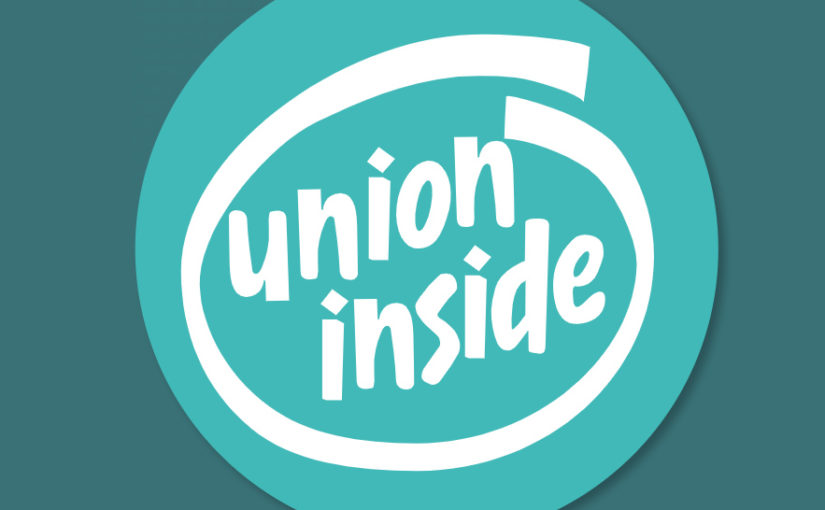Next year, millennials will make up more than 50% of the workforce. Those who entered work during the internet age are nearly all instinctively digital-first. They’re also mobile, connected throughout the day, from wherever they are.
From Netflix to Monzo, people expect the convenience of digital services – always available, transparent, flexible, and with them in control. Those rising expectations can be hard for established organisations like unions to meet.
If we can’t update ourselves, we’ll miss opportunities to work faster and more efficiently. But we’ll also find ourselves out of step with the ways new members want to work with us. As we try to win a new generation to membership, that’s a big problem.
The TUC Digital Lab is a new project, bringing union people together, to share best practice and work together on the challenges posed by digital. We asked some key people what they thought those challenges could be:
Kevin Courtney, Joint GS, NEU

“A big digital challenge to unions will be how we transform our means, but keep hold of our values.
Digital technologies are not of themselves progressive. Companies can use them to spy on consumers; repressive regimes use them to disrupt opposition; union competitors like Edapt use them to service atomised individuals.
But digital transformation can massively help our movement. It can improve efficiency and value for money but, much more importantly, also our capacity to build power in the workplace and society.
Trade union power is based on organising the mass of workers in a common endeavour and technology can make that task much easier. It can help reps communicate, network and coordinate actions. It can give unions a real-time understanding of issues driving member concern. We can know immediately how members are responding and follow up with them, giving more people the chance to get active.
Done right, digital offers us a way to make a real impact towards our core values.people expect the convenience of digital services – always available, transparent, flexible, and with them in control. “
- Kevin is joint digital transformation lead on the TUC Executive Committee (with Dr Mary Bousted)
Charné Tromp, Centre for the Acceleration of Social Technology

“Often, the biggest challenge in making organisations more digital is ensuring it doesn’t happen in isolation. One team is asked to deliver new systems for the whole organisation, but quickly finds that changing ways of working doesn’t come easily.
I often think of moving to a new country when I think of digital culture. First you have to consider the practical bits, like travel and finding a place to live. But once you’ve moved, you have to engage in the culture of your new home – a new language and different ways of doing things.
Culture change is at the heart of digital transformation in organisations. We have to meet people where they’re at, and take everyone on the digital journey with us. That means working on communication, skills and organisational culture, to create a genuinely shared understanding.
Organisations that make themselves more open, more flexible, and more willing to make (and learn from) mistakes, tend to be more resilient and responsive to the changing needs of their members.”
- CAST is a charity that supports voluntary sector organisations in digital transformation.
Jen Thornton, Digital Communications Manager, ASLEF

“Unions, even those that operate effectively on methods they’ve always used, are finding they need to adapt to the future. The expectations of a new generation of members are different – digital first, smooth interactions, a removal of bureaucracy.
Things that work now might be great but what about in ten years? Or twenty? As smaller, and particularly specialist, unions it’s easy for us to assume our industry will continue to look the same and operate as a union in the same way. But it may just be that things haven’t changed yet. The canaries in the coal mine are telling us what we need to watch out for.
Some larger unions have made changes and seen big results, whether it’s better systems for membership to ensure direct debits come in or communicating primarily online in an accessible way.
Listening and learning from other digital change work around our movement is really valuable. The more we remember we’re one movement and each of our successes contributes to our wider goals, the better.”
This article originally appeared in the TUC Congress Guide magazine at Congress 2019 in Brighton.

